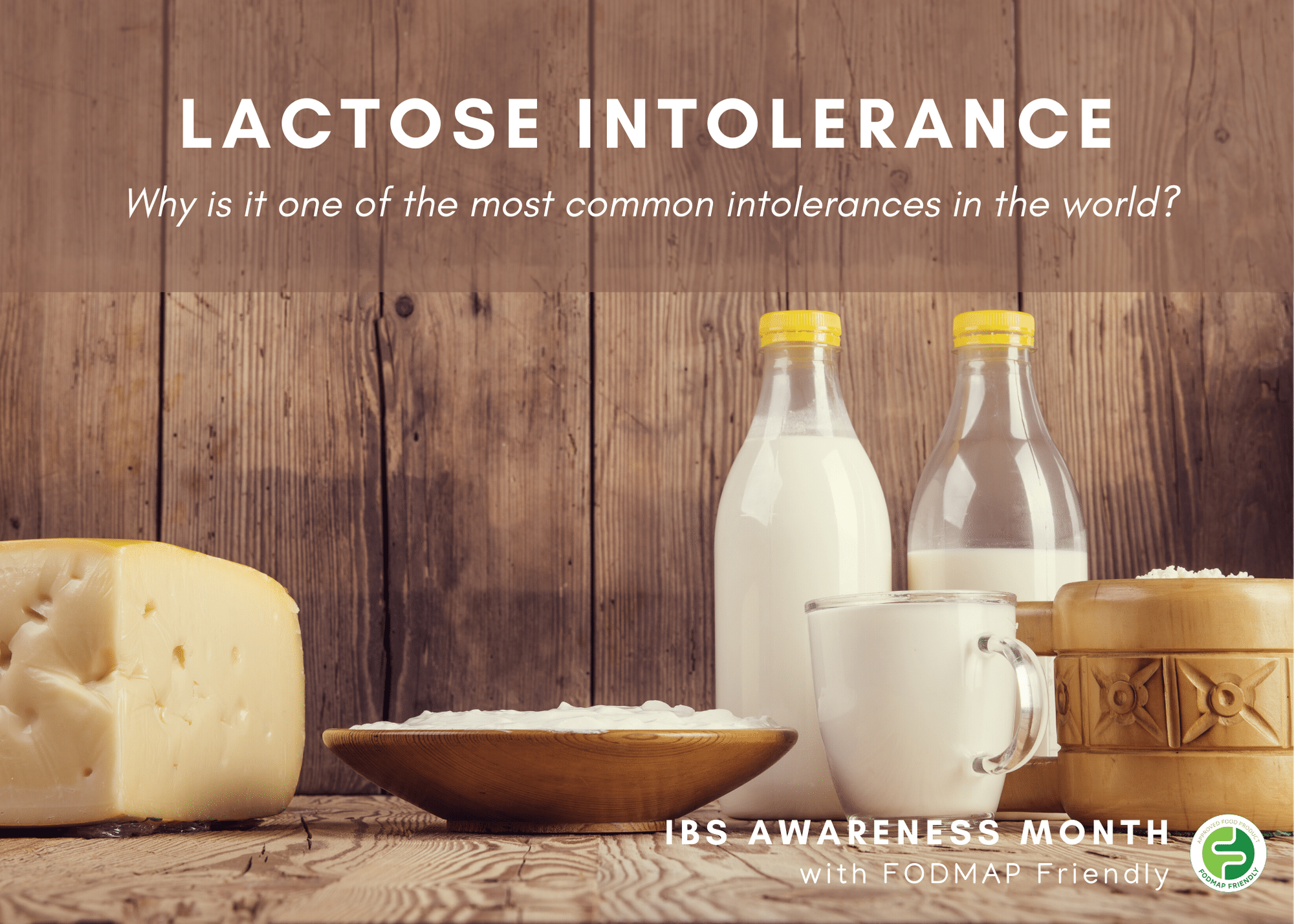Lactose intolerance is one of the most common intolerances, but why?
Posted on April 09, 2020
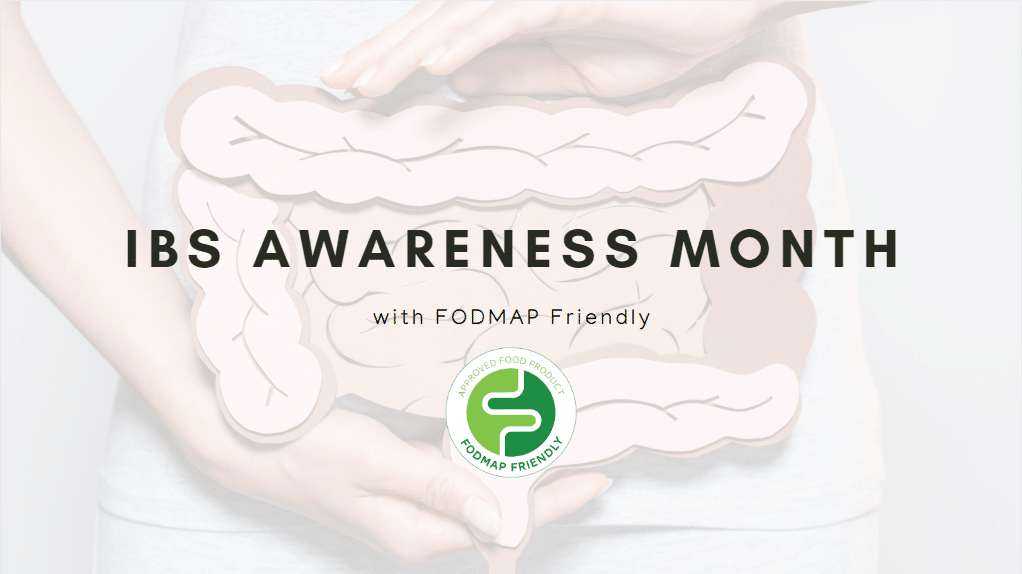
Today’s FODMAP deep dive is on the D in FODMAP, which stands for disaccharide.
There are many common disaccharides that we eat as a part of our everyday diet. Keep reading to find out why lactose is the disaccharide that may be triggering your IBS symptoms.
What is a disaccharide?
The prefix ‘Di’ from Greek origin means two. The term ‘saccharide’, as you know from last week’s Oligosaccharides post, refers to sugar. So put them together and you have disaccharide, meaning a carbohydrate made of two sugars or double sugar.
Is lactose the only disaccharide?
No, there are many carbohydrates that are made from two simple sugars, including sucrose, maltose and lactose. However, the disaccharide that we focus on when referring to fermentable disaccharides (in FODMAPs) is lactose. Why is this? This is because lactose is the most commonly malabsorbed disaccharide. Sucrose, maltose and other disaccharides are readily absorbed in the small intestine, and rarely move into the large intestine where bacteria will ferment and produce gases causing those dreaded IBS symptoms.
How many people have lactose intolerance?
The prevalence of lactose intolerance in different countries range from 5% to 90%. That is certainly a wide range. The statistics from those in Asian, African and Middle Eastern countries are higher for those with lactose intolerance than in European and Caucasian countries.
It is estimated that about two thirds of the population worldwide is lactose intolerant.
Why does lactose trigger IBS symptoms?
Lactose intolerance is an inability to digest the sugar lactose. Lactase is the enzyme that breaks down lactose and for those with lactose intolerance, the body is unable to produce sufficient levels of the lactase enzyme, meaning the lactose is not absorbed in the small intestine where it normally would be. Undigested lactose increases the osomolarity in the intestine, resulting in water retention. Additionally, the undigested lactose if fermented by the bacteria in the large intestine creating a by-product of gas. These two mechanisms trigger IBS symptoms, particularly diarrhoea, bloating, excess flatulence and abdominal pain.
Is lactose intolerance genetic?
Lactase deficiency can be a genetic condition. Infants can be born with lactose intolerance, known as congenital lactase deficiency. Although, congenital lactase deficiency is very rare. The more common genetic type of lactose intolerance is called primary lactase deficiency, where your body’s ability to synthesise the lactase decreases after infancy. Many people with this type of lactose intolerance may remember a time where they were able to tolerate lactose when they were younger but no longer can in adulthood.
Lactose intolerance can also be developed through a number of conditions including gastrointestinal infections, damage from inflammatory bowel disease or certain surgeries within the digestive tract. This is called secondary lactase deficiency.
Are all dairy products are high in lactose?
No, there are lots of dairy products that can be enjoyed safely by someone with lactose intolerance. Some examples of low lactose dairy products are hard cheeses, greek yoghurt, butter and lactose-free dairy products.
What nutrients are at risk for those who avoid foods high in lactose?
Dairy products are a great source of calcium. Calcium plays an important part in maintain your bone density and plays a role in maintaining good heart health. If you are lactose intolerant, it is important to ensure you are consuming enough calcium from low lactose sources of food. There recommended daily intake (RDI) for an average adult is 1000mg/day. You can reach this by consuming 2-3 serves of dairy or high calcium foods per day.
What are some foods that is high in lactose? What are some low FODMAP substitutes?
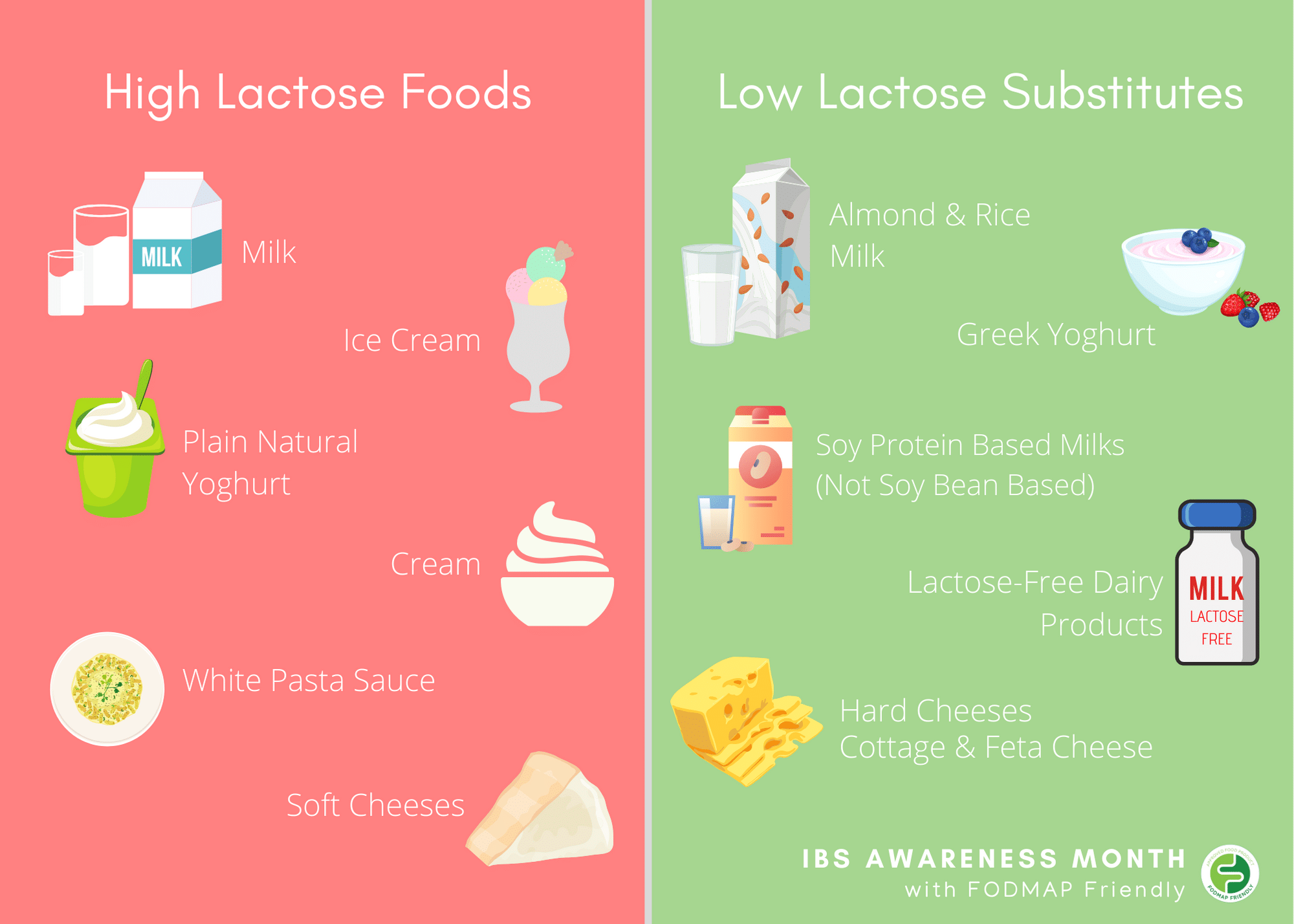
Lactase Enzyme Supplementation
While avoiding high lactose foods is one way of managing lactose intolerance, lactase enzyme supplementation is also a great option. Lactase enzymes, when taken before meals, breaks down the lactose for you, meaning your body is able to absorb the digested lactose in your meal. Lactase enzymes can be purchased at most chemists. Consult your doctor, dietitian or pharmacist before using lactase enzyme supplements to ensure you are taking the correct amount of enzyme for your meals.
FODMAP Friendly Certified Products
FODMAP Friendly have certified a number of low lactose products for those with lactose intolerance to enjoy. Not only are they low in lactose, they are also low in the other FODMAP sugars as well! Some examples of high lactose substitutes that have been certified by FODMAP Friendly are:
Liddells Lactose Free Milk, Yoghurt & Cheese Range (Australia)
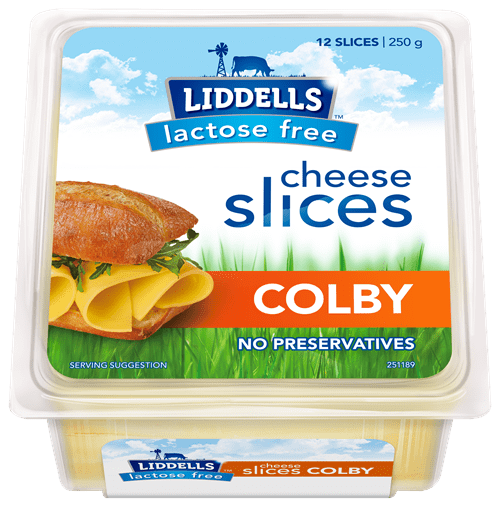
Cocofrio Dairy Free Ice Cream Range (Australia & Japan)

Green Valley Creamery Lactose Free Dairy, Kefir & Yoghurt Range (USA)
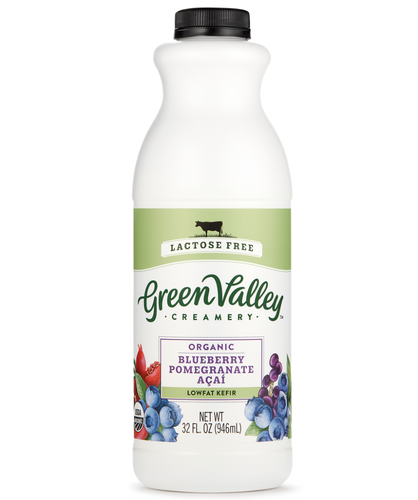
Arla Lactofree Lactose Free Milk Range (UK)
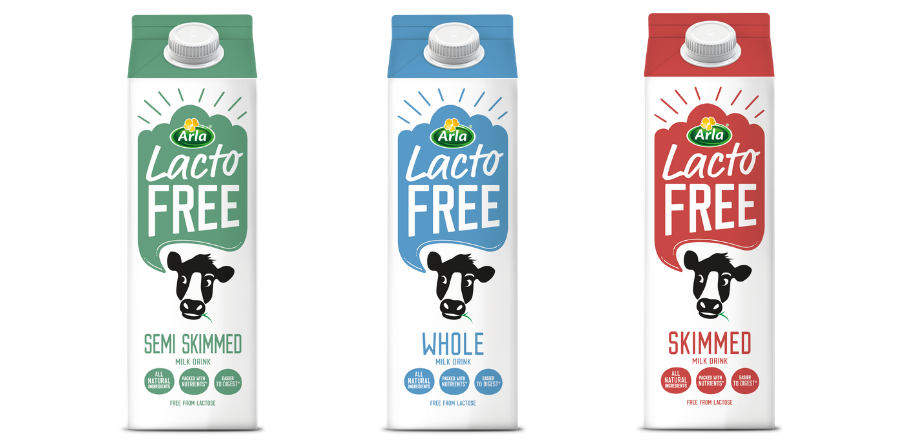
To browse all of the FODMAP Friendly certified products, click here.
Have read our last blogpost on Oligosaccharides called “Are oligosaccharides, the sugar in garlic, onion and wheat, causing your gut issues?” click here to read now!
